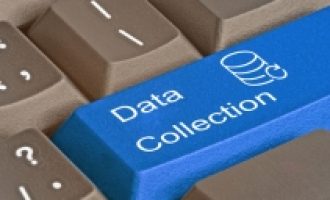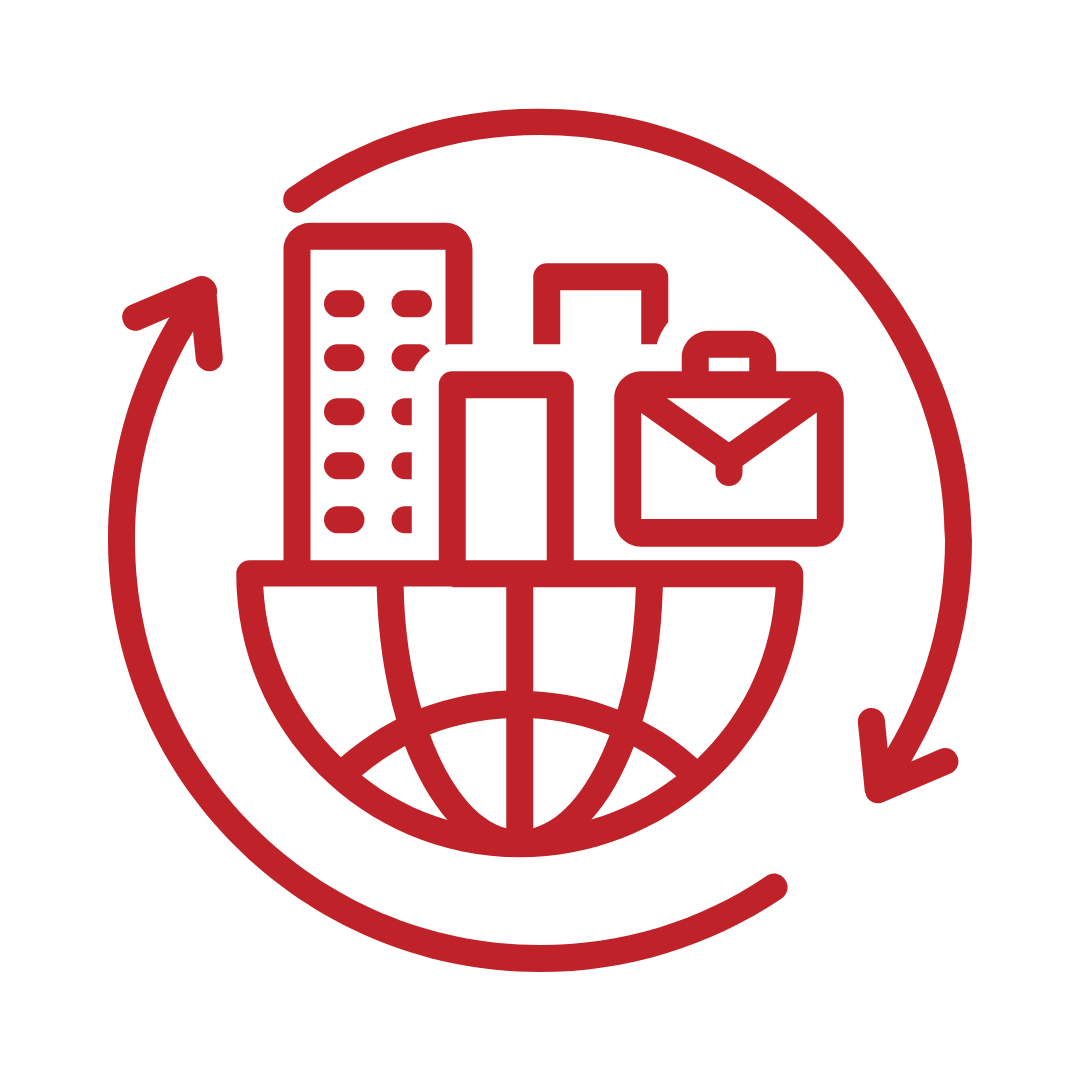Expert Secondary Data Collection Service
Get Professional Secondary Data Collection Service Through PhD Assistance Research Lab
Struggling to collect secondary data?
Secondary Data Collection Support and PhD Guidance
Secondary Data Collection– From the Top-Class Universities across the Globe
Several researchers find it difficult to collect and analyse secondary data due to issues such as drawing from credible sources, assuring the quality of data, and the suitability of the data for research objectives. This chapter is critical for the success of a dissertation as it lays the basis for analysis and subsequent conclusions.
How well your research integrates secondary data is carefully evaluated by reviewers and mentors, answering the following questions:
- Are the sources of secondary data credible, relevant, and pertinent to your research goals?
- Have you convincingly positioned the use of secondary data in your research, demonstrating the relevance of such data to your research questions?
- Have you applied appropriate methods to analyse the secondary data or otherwise justify its use?
- Have you accurately reported the findings from secondary data, with adequate transparency and validity checks?
Here, many researchers struggle, the common issues being poor data selection, failure to interpret existing data properly, or failure to justify the use of secondary data. One single mistake potentially weakens your entire dissertation, leading to revision, rejection, or poor evaluation.
At the PhD Assistance Research Lab, we specialise in finding solutions for this problem. Backed by 100+ subject-matter experts (SMEs) from leading universities in the UK, USA, and abroad, we offer expert supervision and editing and writing help for your secondary data collection. Experts will aid you in:
- Selecting and identifying the most relevant secondary data sources, including databases, publications, and archival data.
- Checking the secondary data for validity and reliability, including biases or gaps in the data.
- Conducting proper interpretation from secondary data by suitably employing analytic techniques and integrating such data into your dissertation.
- Presenting the results of the secondary data in an objective, clear, and academically rigorous way.
By solving these struggles, we ensure a strong, credible synthetic data collection abiding by the highest academic standards to support your triumphant PhD dissertation.
Comprising a team of 100+ SMEs from globally recognised universities, we provide the academic rigour, mentoring, and practical insights necessary to support you at each stage of your dissertation. We want to see our research done globally with precision, originality, and academic commitment to help the researcher-working student turn his challenges into research success.
All our works are completely original crafted by experts on the domain such as
- Computer Science & AI
- Law & Public Policy
- Social Sciences
- Engineering
- Life Sciences
- Medicine & Clinical Research
- Management & Finance
- Philosophy & Humanities
Our area-specific experts such as industry researchers, university professors, and licenced physicians make sure the depth and accuracy of every project that we undertake.
We edit your research work based on your university’s guidelines for structure, word count limit, and citation format.
Our team includes:
- Writers with years of experience in the domain
- Editors with knowledge of English grammar and domain expertise.
- Proofreaders trained in grammar and consistency.
We provide unlimited revisions to address your university feedback.
Each project is completed by the dedicated schedule. We offer:
- Minor revisions in 24 hours.
- Major revisions in 48 hours.
- Fast communication (30-minute responses during business hours).
We maintain word counts as required by the university (8,000–80,000+ words), excluding non-content areas such as references, appendices, tables, and figures.
We provide complete transparency by sharing all study sources:
- Journal articles
- PDFs and reports
- Datasets
- Lecture notes
- Translated works
- YouTube academic links
- PPTs, legal documents, and more
These help you prepare for viva-voce, future publications, or further coursework.
Our Secondary Data Collection Service by Subject Area
Secondary Data Collection Methods We Use
Archival Research – Uncovering Historical Data
Content Analysis – Analysing Textual or Visual Data
Census Data – Analysing Population Information
Database Research – Accessing Existing Datasets
Meta-Analysis – Quantitative Synthesis of Data
Data from Commercial Sources – Industry and Market Insights
Systematic Review – Synthesising Existing Literature
Government and NGO Reports – Utilising Public Data
Whom We Serve Secondary Data Collection Services for Your Research
Secondary Data Collection Service Package
Basic Package
- Identify relevant secondary data sources (datasets, reports, archives, etc.)
- Complete preliminary analysis to consider data reliability, validity, and relevance to your research goals
- Complete a draft outline for the data collection strategy and integration into the research design
- Schedule 1 mentoring session with subject-matter expert
- Timeline : 7–10 working days
Ideal for: Scholars who are at the initial stage of collecting data or preparing their synopsis/ or admission proposal.
- Obtain Secondary Data from reputable public and private repositories
- Advanced cleaning and validation of the data, and preparing for analysis
- thorough review of the data sources for flawless representation of the research questions.
- In-depth documentation of data traits and limitations of the data
- 2 mentoring sessions + review feedback
- Timeline : 15 – 25 working Days
- Comprehensive secondary data collection from a variety of researched and vetted credible data sources
- Validated, cleaned, and integrated data into your research design
- Completed exploration of the datasets in reference to the research questions and initial hypothesis
- Final report detailing sources of data, data methodology, and limitations
- Ethical compliance and plagiarism report
- Support for data analysis and incorporation of analysis into the findings/discussion chapters
- Unlimited mentoring sessions during project entire project timeline
- Timeline : 30-45 working days
Source Used for Secondary Data Collection
Google Scholar
To collect peer-reviewed articles for all subject areas to structure and organise your literature reviews.
JSTOR
To obtain academic journal articles, books, and primary sources, and conduct comprehensive studies for your review.
PubMed
To access peer-reviewed biomedical and life sciences articles and to evaluate credible health studies for your research.
World Bank Data
To access global economic, social, and environmental datasets. World Bank data is an effective source for broader quantitative data analysis.
Statista
To find statistical data on various industries and across nations. This is a great tool for researchers who need visualizable datasets.
U.S. Census Bureau
To collect data on demographic, economic, and geographic research, especially for U.S. geographically-based research in social sciences and urban planning.
Company Reports and Market Research
To obtain data on industries or sectors to provide additional valuable data for researchers, especially when describing trends within businesses.
OECD Data
To support cross-country research and comparative studies on economic and social trends, and to create more robust local insights in international research.
Government Websites
To collect data for credible and national statistics on a variety of topics, such as health, education, and the economy. Government websites can yield useful free data.
Check at What Stage You’re In & See How You Fit into Our Engagement Model
Peter

Data Quality Validation We work with researchers to validate secondary data quality and trustworthiness, accuracy, and appropriateness. We support the review of the data for quality assurance, considering the objectives of their research study.
Sofia

Sourcing and Integrating Data We can assist you with finding, sourcing, and integrating secondary data from reputable public or private data repositories. Subject matter experts assist in establishing that the data available for your project meets your research objectives and areas of interest.
Dawson

Data Connection and Methodology Review We connect secondary data with your research design, assist in getting them incorporated into your study, and partner with you to study your data and objectives.
Dave

Ethical Review and Evaluation of Credibility We work with you to evaluate whether your data sources are ethical and trustworthy. I also support confirming that your research data is trustworthy.
Our Sample & Example Works Speaks


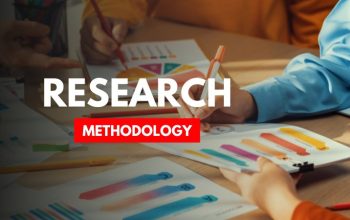
Order process
Submit Your Requirements and Make Payment
Order Confirmation & Expert Allocation
Data Collection, Organisation & Preliminary Analysis
Regular Updates & Two-Way Communication
Review
&
Revisions
Final Delivery
&
Feedback
Our Guarantee
What We promise, we deliver exactly the same

Plagiarism Free

Unlimited Support

On-time delivery

Subject Matter Expertise

Communicate with your writer

Updated academic resources

Free research articles supply*
Client success stories
Secondary Data Collection
Relevant Data, Aligned with Research Goals
"PhD Assistance Research Lab provided insights that improved my research by ensuring the relevancy of the secondary data sources."
— David Smith, PhD Candidate
Efficient Data Collection, Credible Sources
"PhD Assistance Research Lab helped me by offering data collection services within a short period of time while ensuring the credibility of the data collected."
—Shaun Watson, Doctoral Candidate
Accurate Data, Perfectly Aligned with Academic Guidelines
"Secondary Data Collection service from PhD Assistance Research Lab ensured my data aligned with my research goal and academic guidelines."
— Steve Bolt, Medical Researcher
Tailored Data, Reliable and Research-Ready
"PhD Assistance Research Lab offered data collection that was tailored to answer the research question perfectly and ensured the reliability of sources used."
— Ricky Warner, PhD Candidate
Quality & Compliances
We’ve worked on so many great PhD projects for our clients across the globe, and we’re proud of every single task that we carry out
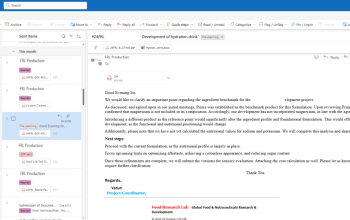
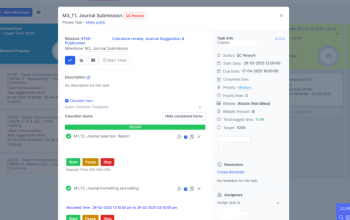
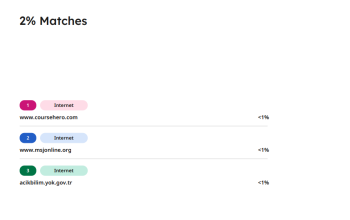
Frequently Asked Question
- Literature Reviews: Looking through published articles and reports.
- Data Mining: collecting information from an existing database.
- Public Databases: Using information from government, health, and academic repositories.
- Meta-analysis: Collecting data from several studies.
- Cross-sectional and Longitudinal Data: Using an existing dataset from multiple time points or populations.
- Qualitative & Quantitative Data: Using both types of secondary data to process and develop a comprehensive report.
- Evaluate Data Sources: Make sure that the data source is credible and accurate.
- Data Triangulation: Verify the information with various data sources.
- Consistency Check: Ensure that each dataset is consistent across time or participants.
- Data Cleaning: Verify and fix any errors in the data we found.
- Databases: PubMed, JSTOR, and Scopus to find data.
- Analytics Software: SPSS, R, and Stata to analyse data.
- Reporting and Visualisation Tools: Tableau, Power BI, and Excel.
- Data Storage: Google Drive or Dropbox to access data.
- Text Mining Tools: NVivo, MAXQDA for qualitative data.
- Data Transparency: We will describe how the data were collected in its entirety.
- Confidentiality: We will de-identify data that may be sensitive.
- Citation: We will explain the data.
- Ethical Review: We will follow guidelines for ethical research.
- Data Responsible: We will ensure the data is used responsibly and ethically.
- The timelines vary according to project complexity.
- We can provide an estimated timeline at the time of the initial consultation.
- Timelines remain flexible; we will adapt as the project evolves.
- Use Data Management Tools: For organising and processing large datasets.
- Data Cleaning: To prevent contamination.
- Automated Data Processing: Process large datasets automatically.
- Cloud Storage: Store and access data remotely and securely.
You might also be interested in these


